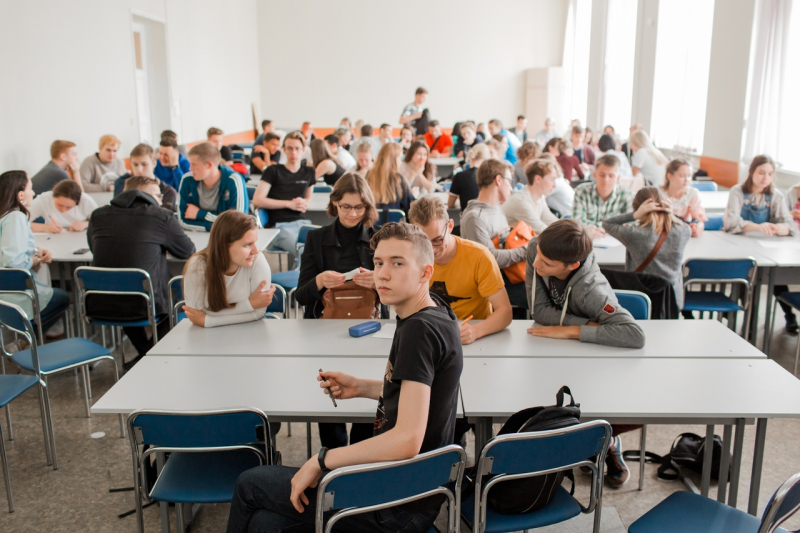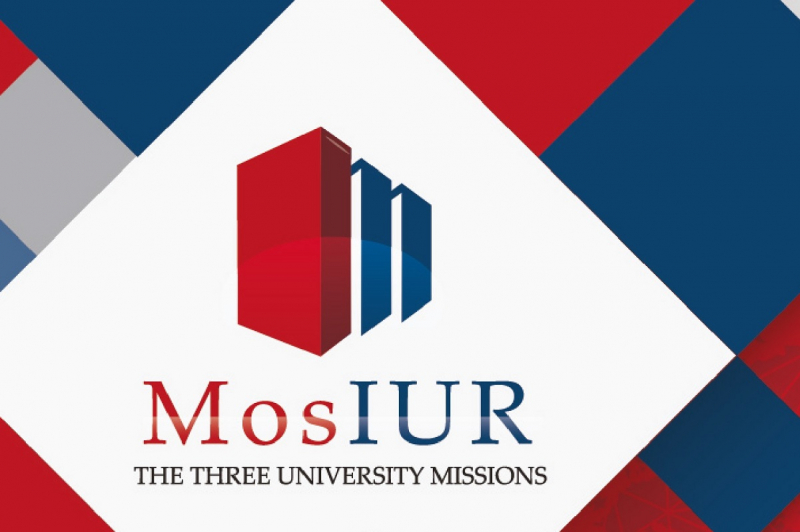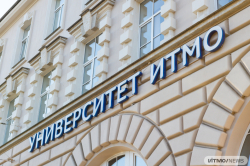Every year, ITMO University reinforces its positions in the ranking. Last year, it went from 245th to 243th place worldwide and from 12th to ninth place in Russia, despite the increasing competition.
In 2020, the competition was even fiercer: the ranking featured 1500 leading universities from 94 countries (last year there were 1200 universities from 79 countries). However, ITMO University went 24 positions up and placed 219th worldwide.
Among Russian universities, ITMO University ranked seventh compared to ninth last year. Overall, 101 Russian universities were ranked.
More detailed information on the ranking can be found here (in Russian).

The Three University Missions (MosIUR) ranking is a fundamentally new university ranking. According to its creators, it is the first academic ranking that evaluates all three key missions of universities: education, research, and social impact.
The ranking project was initiated by the Russian Union of Rectors. The ranking is operated by the Association of Rating, Ranking, and Other Performance Evaluations Makers (ARM), the members of which are leading ranking and research centers. The ranking expert council features 25 experts from 16 countries.
The pilot issue of the Three University Missions Moscow International University Ranking was released in December 2017. In 2018, the ranking passed an independent audit by PricewaterhouseCoopers, part of the global PwC network.

How the universities are evaluated
The ranking’s methodology includes three types of criteria. Education – the evaluation of students’ competitiveness and attractiveness for international students, as well as financial and human resources of a university. Research – the evaluation of academic achievements and the quality of scientific publications. Social impact – the evaluation of a university’s contribution to online education, as well as its web and social media presence.
According to the authors, the ranking methodology includes only objective indicators approved by the international expert group. Reputation surveys are entirely excluded from consideration.
Among the ranking’s data sources, there are official university websites and government departments, as well as independent international sources: Clarivate Analytics, providing data and metrics from InCites and Global Institutional Profiles Project (GIPP); major online learning platforms Coursera and edX; Wikipedia, the free multilingual universal encyclopedia; search engines Google, Yandex, and Baidu; social media Facebook, Twitter, VK, and Sina Weibo; Alexa (one of the world leaders in web analytics); websites of international student competitions, and websites of academic awards from the IREG List of International Academic Awards.
The project is supported by Clarivate Analytics.




